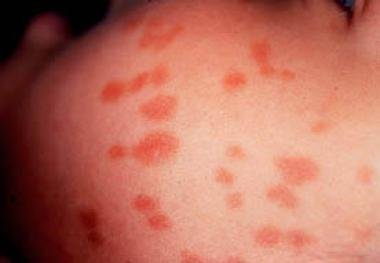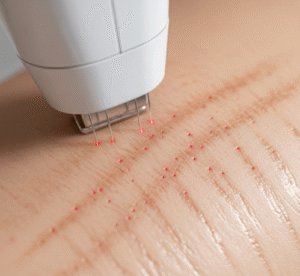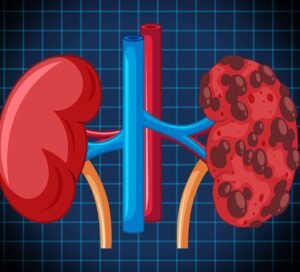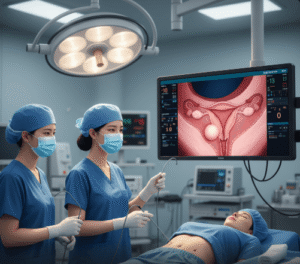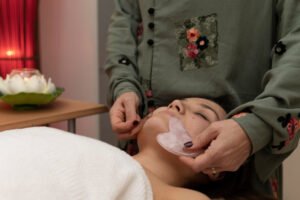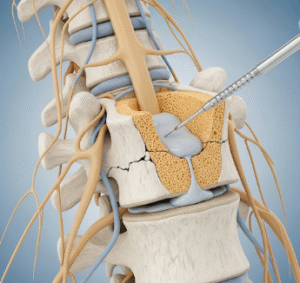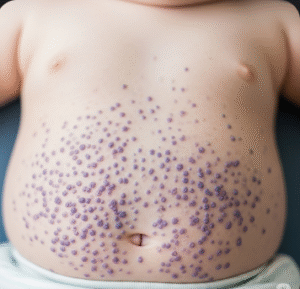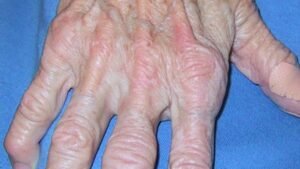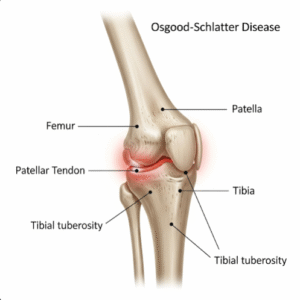Overview
Microscopic colitis is an inflammatory bowel disease (IBD) that causes chronic, watery diarrhea without visible inflammation during standard colonoscopy. It is called “microscopic” because the inflammation is only visible under a microscope in tissue biopsies.
In Korea, microscopic colitis is considered relatively rare, but increasing awareness and improved diagnostic techniques have led to more frequent detection. Korean gastroenterology centers offer advanced colonoscopy with biopsy, effective medication options, and dietary counseling to manage the disease.
What is Microscopic Colitis?
Microscopic colitis refers to two main subtypes:
- Lymphocytic colitis: characterized by an increase in lymphocytes in the colon lining
- Collagenous colitis: characterized by a thickened collagen layer in the colon lining
The condition primarily affects middle-aged to older adults, especially women, and leads to chronic diarrhea and abdominal discomfort without structural damage visible during routine endoscopy.
Symptoms
- Chronic, watery diarrhea (main symptom)
- Abdominal pain or cramping
- Urgency to defecate
- Mild weight loss in severe cases
- Fatigue or dehydration due to fluid loss
- Occasional nausea
Causes
- Exact cause is unknown, but potential factors include:
- Autoimmune responses
- Chronic inflammation of the colon lining
- Certain medications (NSAIDs, proton pump inhibitors, selective serotonin reuptake inhibitors)
- Infections triggering immune reactions
- Genetic susceptibility
Risk Factors
- Age (most common between 50–70 years)
- Female gender
- Use of certain medications (common in Korean prescription patterns)
- Autoimmune disorders (thyroid disease, celiac disease)
- Smoking
Complications
- Dehydration from persistent diarrhea
- Malabsorption of nutrients
- Fatigue and reduced quality of life
- Rarely, severe electrolyte imbalances
Prevention
- Avoiding medications that may trigger the condition
- Maintaining a balanced diet rich in fiber
- Staying hydrated and monitoring fluid intake
- Regular medical check-ups for those with autoimmune disorders
Treatment Options in Korea
Diagnosis
- Colonoscopy with multiple biopsies (essential for diagnosis)
- Stool tests to rule out infections
- Blood tests to assess inflammation and nutritional status
Medical Treatments
- Anti-diarrheal medications (e.g., loperamide)
- Budesonide (first-line corticosteroid for inducing remission)
- Immunosuppressive therapy for refractory cases
- Proton pump inhibitors or NSAIDs may be stopped if identified as triggers
Dietary & Lifestyle Management
- High-fiber diet to regulate bowel movements
- Avoidance of caffeine, alcohol, and artificial sweeteners
- Hydration and electrolyte balance management
Rehabilitation and Support
- Nutritional counseling
- Patient education on flare-up triggers
- Regular follow-up to monitor response to therapy

